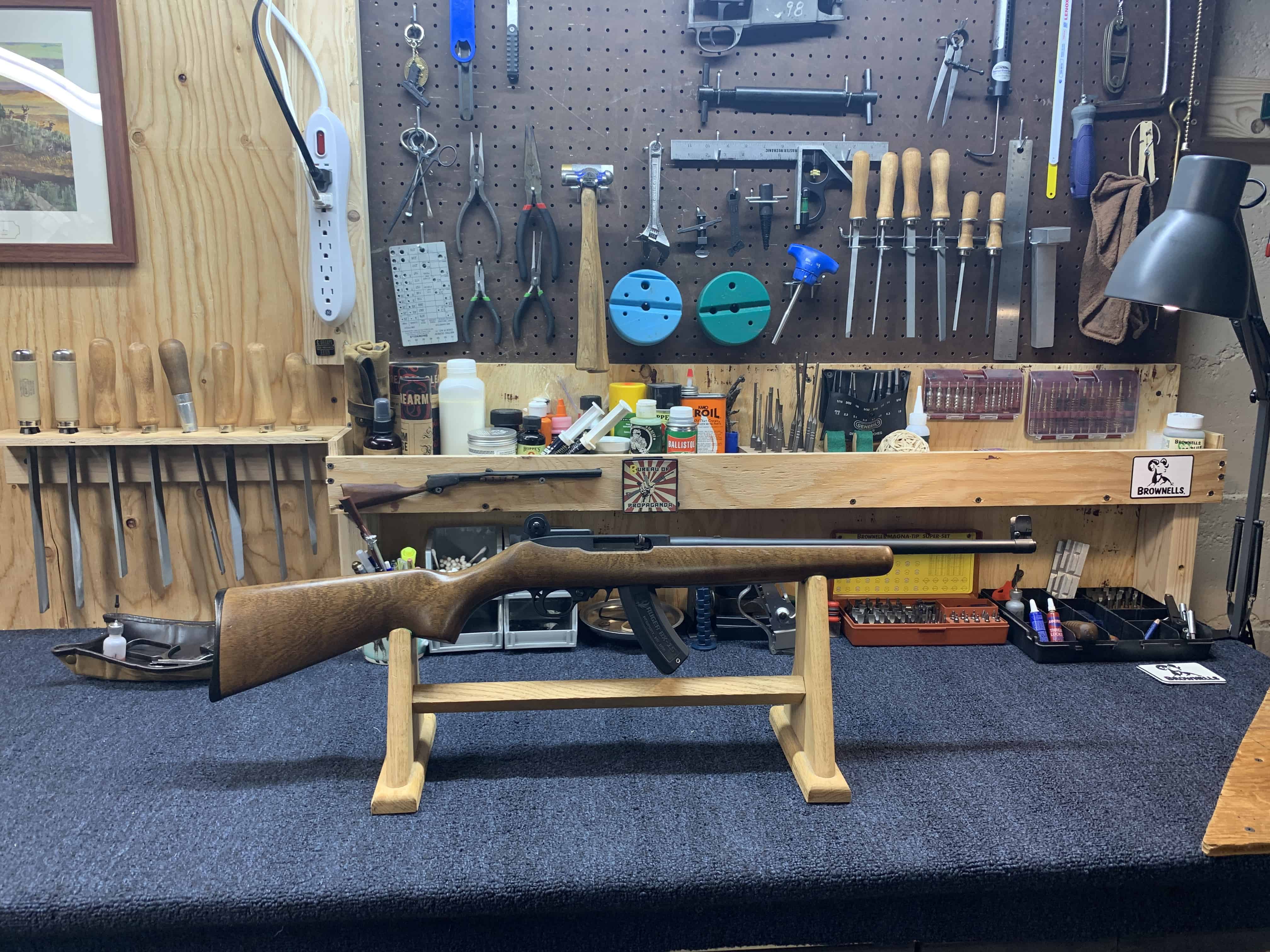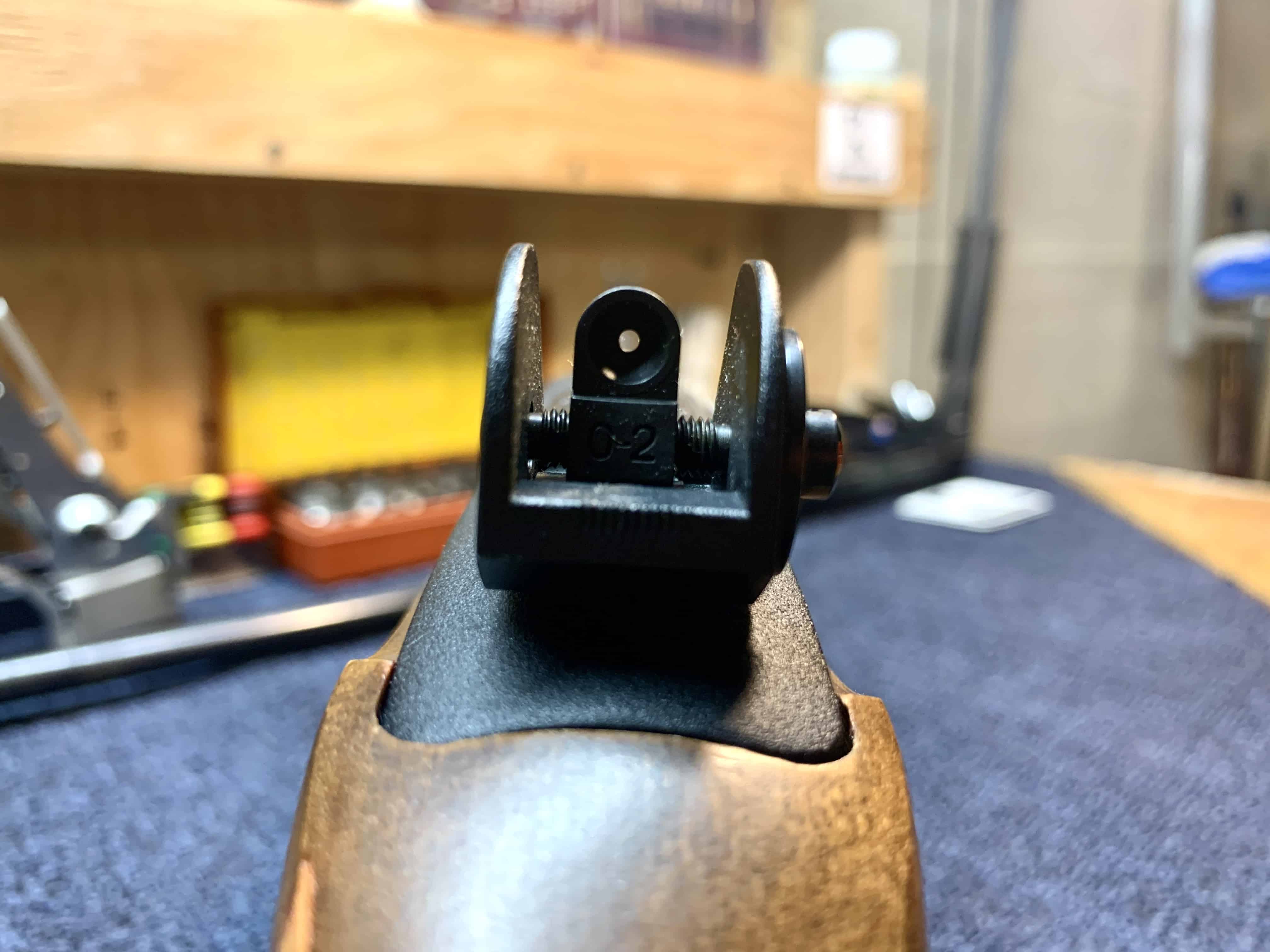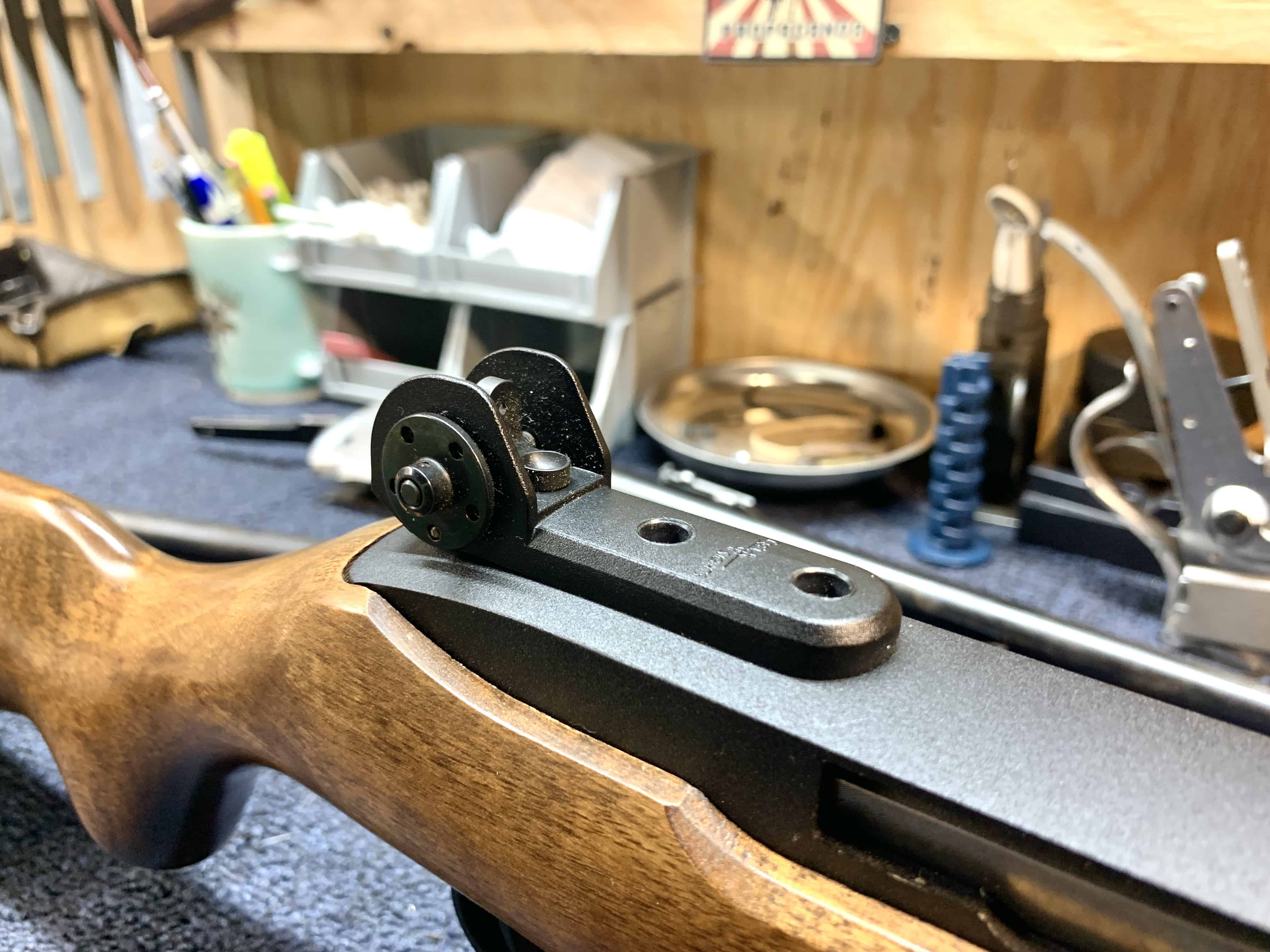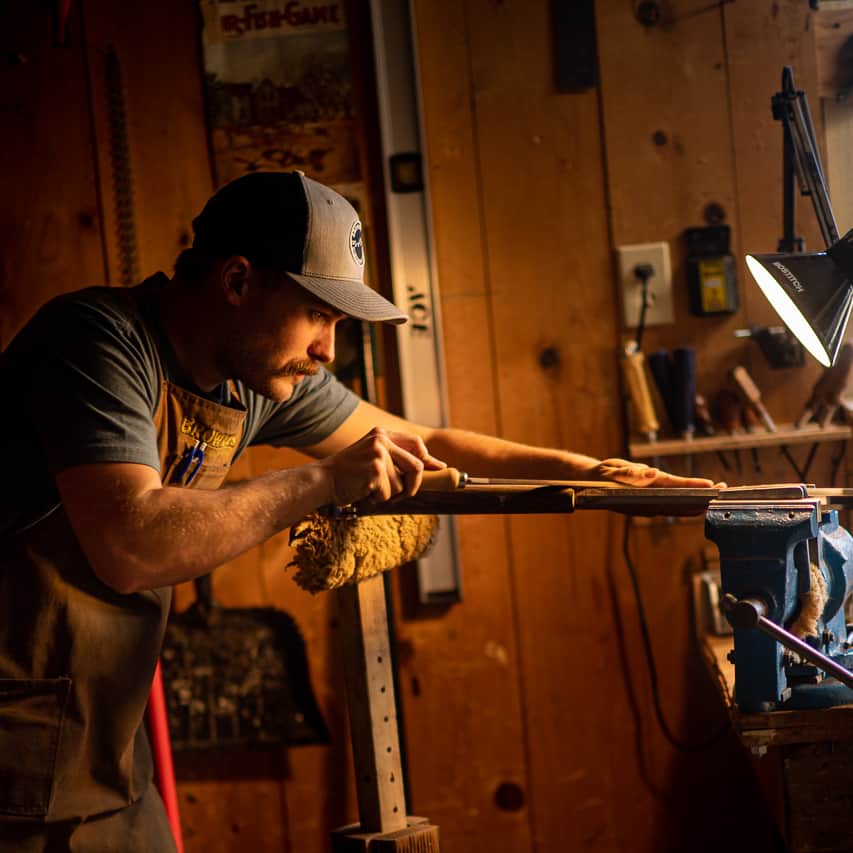
The 10/22 is one of the most fun firearms in existence today. Adding a slick set of iron sights makes it better yet. Enter the TSR-100 GI Style sights.
The TSR-100 GI Style sights are a great addition to your 10/22 setup. They turn your 10/22 into a fun backyard plinker that allows you to practice with military-style iron sights, similar to those found on an M-16 or AR-15 with a carry handle.
These sights are rigid, easy to mount, and a great practice tool.
Affiliate Disclosure: This article may contain affiliate links. When you use these links, I earn a small commission from each sale generated at no cost to you. This commission helps me continue to put out free content. I work a full-time job that I am very happy with; therefore, I don’t need this commission and am not obligated to speak highly of any product. Everything written is my own opinion: the good, the bad, and the ugly.

TSR-100 Features
The TSR-100 sights are a big upgrade from the factory iron sights. With the factory sights, I had trouble getting my cheek low enough on the comb to get a proper sight picture. This was not an issue with the TSR-100. For me, they sit at the perfect height to maintain a consistent cheek placement shot to shot.
The TSR-100 front sight is made out of steel and has a matte blue finish, while the rear sight is anodized aluminum. The front sight takes M-16/AR-15 A-2 style sight posts and can be swapped out with many other variations. The rear sight has a dual aperture “L” shaped setup that can be flipped for different range settings.

Just like an M-16/AR-15 the elevation adjustments are done on the front sight. Depress the front sight plunger and turn the front sight post clockwise to raise your point of impact or counterclockwise to lower it. Windage is adjusted using the drum on the rear sight. Depressing the detent and rotating the drum clockwise moves your point of impact to the right and vise-versa.
Here is the AR-16/M-16 Sight Adjustment tool that makes adjusting the sights for windage and elevation very easy.

Mounting
The TSR-100 sights are extremely easy to mount. They don’t require any modifications your 10/22 and are not permanent.
The rear sight uses the two rearmost scope mounting holes in your 10/22 receiver and locks down tight with the two included mounting screws. The two screws are slotted and work best with the 210-4 Magna-tip screwdriver bit. Be careful not to over-torque these screws while mounting as it can strip the threads in the aluminum 10/22 receiver.
Use coupon code KTG10 to get 10% off your order of $150 or more at Brownells.
The front sight uses a series of cuts to allow it to be mounted without filing on the dovetail. First, the Allen-head screw located in the front of the sight is backed off and the sight drifted in. Once in place, install the two included pan-head screws on each side. They will center the sight on the front sight base. Lastly, snug up the set screw in the front of the sight to lock it in place.

TSR-100 vs. TSR-200
The TSR-100 and TSR-200 are very similar sights and have only a few differences. Appearance-wise they are identical in shape and profile. The difference between the two sights lies in the rear sight configuration. The TSR-100 is as described above, while the 200 has a rear sight with a single aperture and elevation adjustments. The elevation adjustments on the 200 are more refined and allow you to really tune it into the distance you desire.

I personally went with the TSR-100 because I liked the simplicity. It is a great utilitarian sight that is very durable and accurate. Practicing using this sight picture is invaluable as it is used on many firearms today.

Written by: Kurt Martonik
Kurt is a Gunsmith, Reloader, Hunter, and Outdoorsman. He grew up in Elk County, Pennsylvania, where he became obsessed with the world of firearms. Following high school, Kurt enlisted in the United States Air Force as a Boom Operator, where he eventually rose to the position of Instructor. After his military service, he attended the Colorado School of Trades(CST) in Lakewood, CO for gunsmithing. Following graduation, he accepted a job at C. Sharps Arms in Montana, where he worked as a full time stockmaker and gunsmith.
Great post brother!